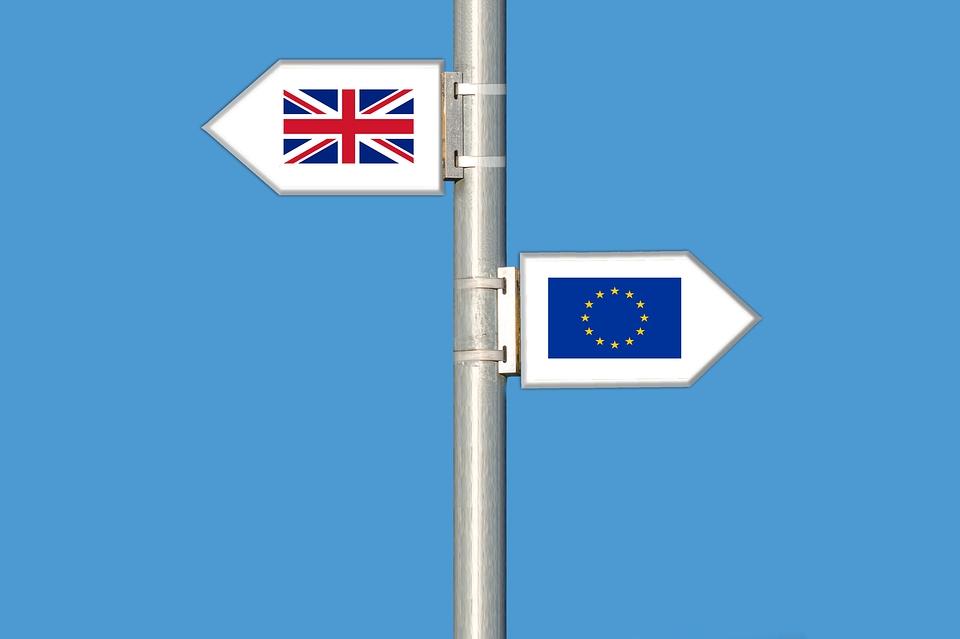Newton IM: Harde Brexit onwaarschijnlijk, neutraal over het pond
Newton IM: Harde Brexit onwaarschijnlijk, neutraal over het pond

By Howard Cunningham, fixed income portfolio manager at Newton IM
By Howard Cunningham, fixed income portfolio manager at Newton IM
We believe a hard Brexit is still unlikely and are neutral sterling and short gilts. The PM’s heavy defeat is no surprise. Just look at the reaction in the currency markets: sterling had fluctuated between mildly interested and ‘is my face bothered?’ all yesterday and overnight. It strengthened slightly after the result, but stayed within recent ranges.
Before the UK progresses to a meaningful vote, we will have another meaningless vote tomorrow – a vote of no confidence in the Government. Surviving a no-confidence vote would be good for sterling, but probably slightly positive for gilts, hence the bounce in sterling after the initial fall yesterday.
Our perception that sterling is undervalued and that the balance of outcomes could be classed as mixed has led us to be neutral on the currency.
May’s offer to consult a broader group of MP’s could be seen as positive and leading to a soft version of Brexit again supporting sterling. Although the market might overdo the possibility of a broad enough consensus being found before the various deadlines. It seems inevitable that the UK will ask for an extension to Article 50 to allow time for a less chaotic outcome. A delay to Brexit has been “odds on” for some weeks, so should not necessarily move markets. Meanwhile, the UK economy will remain stuck in the slow lane at best until there is clarity.
In the short term, we would expect a slightly steeper yield curve, as the timing of any rate increases is pushed further back, while risk premia further out will increase due to uncertainty.
In the meantime, the slowdown in European economic growth together with ongoing political issues in France and Italy may add to the uncertainty undermining the euro and maintain demand for German bunds. We have diversified our European currency allocation away from the euro and into perceived ‘safe-haven’ Swiss francs and Norwegian krone.
